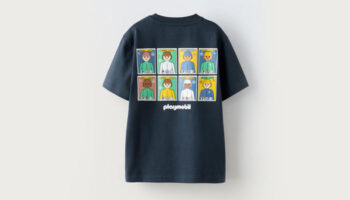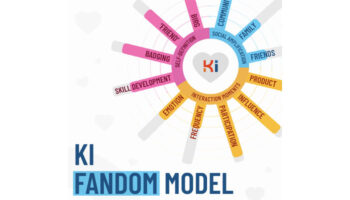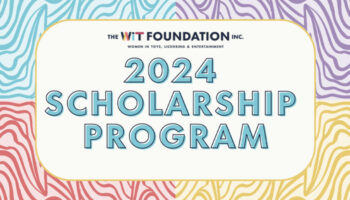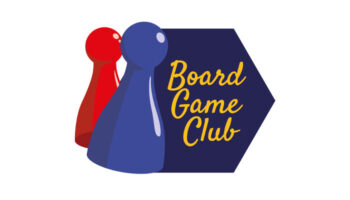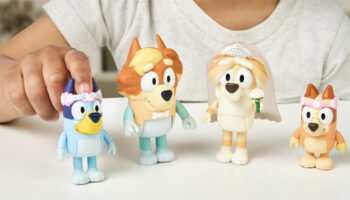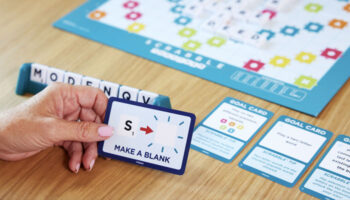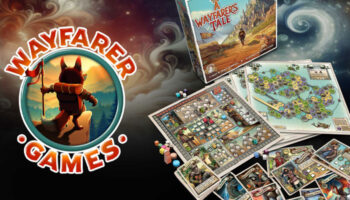LEGO to help blind and visually impaired children learn Braille with LEGO Braille Bricks
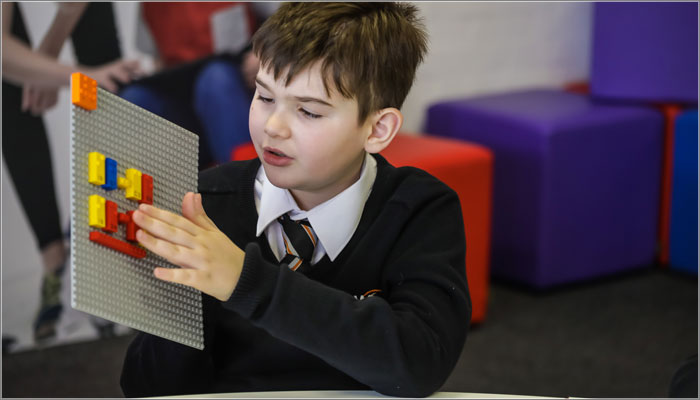
LEGO is set to help blind and visually impaired children learn Braille with LEGO Braille Bricks.
LEGO Braille Bricks will be moulded with the same number of studs used for individual letters and numbers in the Braille alphabet, while remaining fully compatible with the LEGO System in Play.
To ensure the tool is inclusive – allowing sighted teachers, students and family members to interact on equal terms – each brick will also feature a printed letter or character.
The product is currently being tested in Danish, Norwegian, English and Portuguese, while German, Spanish and French will be tested in Q3 2019.
The LEGO Braille Bricks kit is expected to launch in 2020 and will be distributed free of charge to select institutions through participating partner networks in the markets where testing is being carried out with partners.
It will contain approximately 250 LEGO Braille Bricks covering the full alphabet, numbers 0-9, select math symbols and inspiration for teaching and interactive games.
“With thousands of audiobooks and computer programs now available, fewer kids are learning to read Braille,” said Philippe Chazal, Treasurer of the European Blind Union.
“This is particularly critical when we know that Braille users often are more independent, have a higher level of education and better employment opportunities. We strongly believe LEGO Braille Bricks can help boost the level of interest in learning Braille, so we’re thrilled that the LEGO Foundation is making it possible to further this concept and bring it to children around the world.”
LEGO Group Senior Art Director, Morten Bonde, who suffers from a genetic eye disorder that is gradually turning him blind, worked as an internal consultant on the project.
“Experiencing reactions from both students and teachers to LEGO Braille Bricks has been hugely inspirational and reminded me that the only limitations I will meet in life are those I create in my mind,” said Bonde.
“The children’s level of engagement and their interest in being independent and included on equal terms in society is so evident. I am moved to see the impact this product has on developing blind and visually impaired children’s academic confidence and curiosity already in its infant days.”





